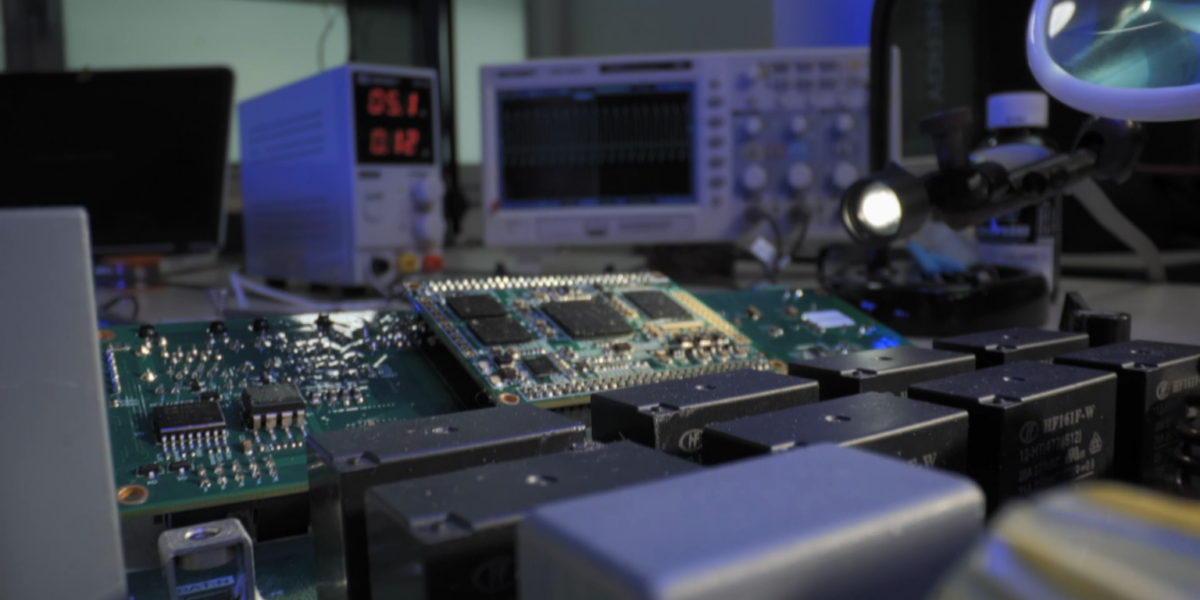France-based inverter manufacturer Imeon has developed photovoltaic inverters featuring transistors with silicon carbide crystals.
Silicon carbide-based inverters are known to have higher power densities, with less need for cooling and lower overall system costs than traditional inverters. However, defects at the interface between the silicon carbide and the insulating silicon dioxide material could still present an issue for such devices.
Imeon said it has partnered with École Nationale Supérieure de l’Électronique et de ses Applications (ENSEA) and engineering school CentraleSupélec to develop the new devices, which can purportedly generate active filtering for electrical networks.
This functionality makes it possible to clean electricity networks while ensuring an optimal conversion efficiency “exceeding 99%,” said the manufacturer. The inverter housing also becomes half the size, driving down manufacturing costs.
Popular content
The new products are still in the prototype stage, but they could quickly be produced on an industrial scale “by a Breton partner,” said Imeon. The new silicon carbide photovoltaic inverters, initially aimed at industrial clients, are also designed for use in residential and commercial projects.
Imeon Energy, set up in 2013, currently employs 17 people. In September 2023, it announced an initial public offering on Euronext Growth, which it hopes to finalize in the first half of this year, with a fundraising target of €8 million ($8.6 million). The company currently has around 6,000 users throughout the world. It claims an annual turnover of €4 million, with 60% of that generated outside of France – mainly in Africa and the Middle East.
This content is protected by copyright and may not be reused. If you want to cooperate with us and would like to reuse some of our content, please contact: editors@pv-magazine.com.



By submitting this form you agree to pv magazine using your data for the purposes of publishing your comment.
Your personal data will only be disclosed or otherwise transmitted to third parties for the purposes of spam filtering or if this is necessary for technical maintenance of the website. Any other transfer to third parties will not take place unless this is justified on the basis of applicable data protection regulations or if pv magazine is legally obliged to do so.
You may revoke this consent at any time with effect for the future, in which case your personal data will be deleted immediately. Otherwise, your data will be deleted if pv magazine has processed your request or the purpose of data storage is fulfilled.
Further information on data privacy can be found in our Data Protection Policy.